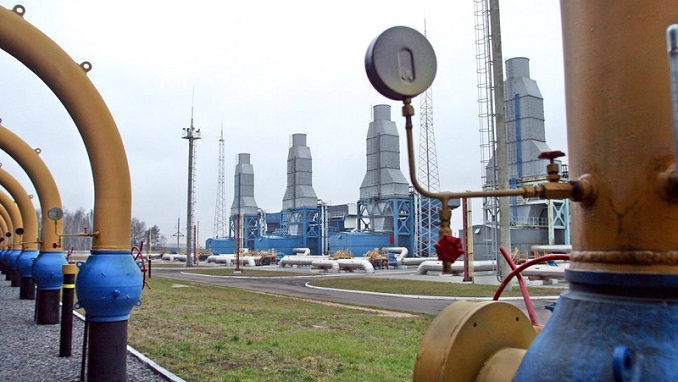Gazprom, the Russian gas giant, has declined an option to increase gas supplies to Europe, as the continent confronts an impending energy crisis due to rising natural gas prices.
Gazprom did not book any of the extra capacity available in transit pipes running through Ukraine in October auctions, Moscow Times writes. In addition, the firm booked just one-third of the space available on the Yamal gas pipeline, which runs through Poland.
The decision triggered a significant increase in wholesale gas prices in Europe, which had already doubled in the previous two months.
Politicians in both Europe and the United States have slammed Gazprom, fearing a geopolitical maneuver by Russia.
More than 60% of the gas used to power homes, businesses, and industries in the EU is imported, with Russia accounting for 40% of the bloc’s imports.
European countries are debating billion-euro assistance measures to avert a winter fuel catastrophe.
Last week, a group of European lawmakers asked for an inquiry into potential market manipulation by Gazprom, saying the firm has enough production capacity but refused to export in order to push up prices and put pressure on Europe.
The State Department of the United States has also expressed alarm. According to Amos Hochstein, a senior advisor for energy security at Bloomberg, Gazprom’s supplies are “inexplicably low,” and the company’s inability to book more capacity for October heightens concerns that Russia is trying to strangle the continent.
Gazprom has said that it is fulfilling its supply commitments and that it is increasing Russian storage levels. The Kremlin has said that the scenario highlights the significance of Europe entering into long-term arrangements with Russia for gas supply rather than depending on market pricing.
The price increase comes at a critical juncture in the EU-Russia energy relationship. The contentious Nord Stream 2 gas pipeline, built by Gazprom, has recently been finished and is awaiting approval from German authorities.
However, according to a recent EU decision, Gazprom may only be allowed to use half of the pipeline’s capacity or may be compelled to open the pipeline to third-party operators.
According to Sova Capital analysts, Russia’s gas shipments to Europe are not especially low — an estimated 7% lower than the record-breaking year of 2018.
“Despite Gazprom exports remaining close to record levels in 2018, failing to book more capacity — or, at the very least, failing to explain why the firm does not need it — opens the door to criticism.”
Gazprom established new records for gas supplies to Europe in the early months of 2021, and the company’s share price has increased 20% in the past two months.












